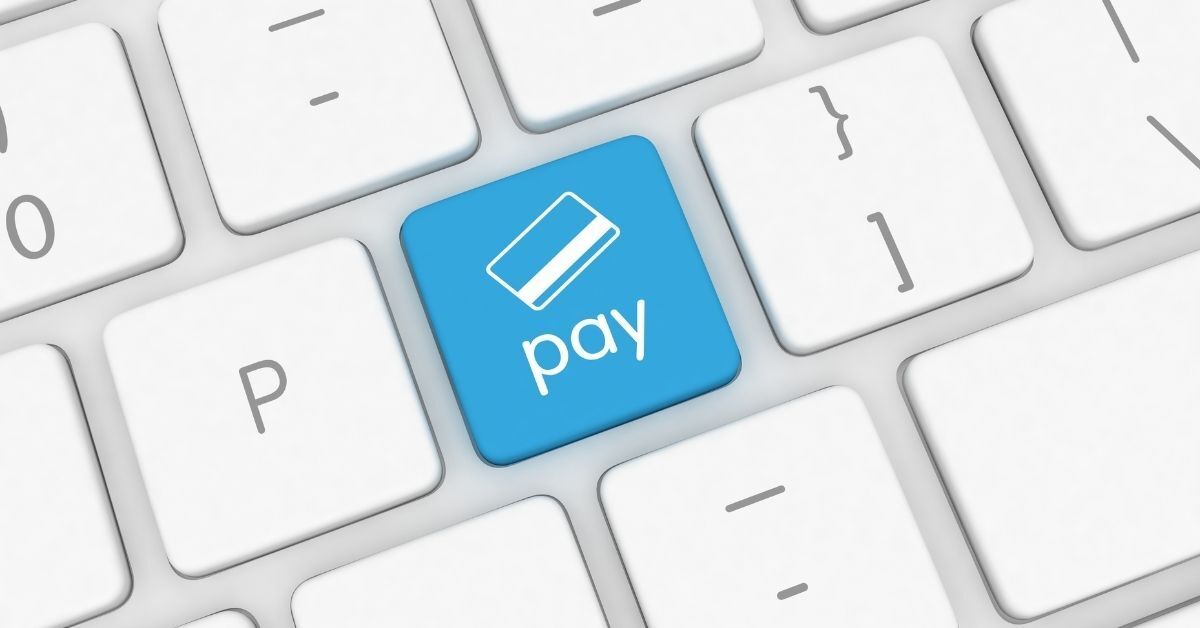Blog Post
SMES URGED TO “CASH IN” ON CASHLESS PAYMENT METHODS WITH ACCELERATED MOVE TO DIGITAL
staff writer • Aug 11, 2021

11 August 2021: Locally, the trend of digitisation has accelerated, with the use of digital payment options such as “Tap to Pay” technology, mobile apps like SnapScan and Zapper, and biometric authentication infrastructure like Apple Pay, on the rise. The pandemic has accelerated this shift, in part due to the need to minimise contact to avoid the spread of the Covid-19 virus. The statistics reflect this – PayFast reported over 400% growth in QR code payments between March 2020 and February 2021, and between April and September of 2020, Standard Bank’s card division showed an 84% increase year-on-year in value of online spend at supermarkets and grocery stores.
According to Jeremy Lang, General Manager at Business Partners Limited, the move away from the use of cash for purchases, as it is replaced with innovative technologies, comes with its fair share of challenges for small and medium enterprises (SMEs), but also presents an opportunity. The consumer appetite for digital payment methods is undeniable, and business owners would do well to capitalise on this.
He explains: “In this new ‘less-cash’ society, the worst thing that any SME can say to a customer is, ‘I don’t accept that method of payment.’ This means that South African businesses are under significant pressure to adapt and evolve their mentality towards digitisation. It is a change for the better, for a number of reasons and we urge all SMEs to get onboard and use digitisation as a way of establishing a competitive advantage going forward.”
SMEs have a myriad of reasons to make the shift to digital, including the fact that transacting digitally can cost businesses less. The process is also significantly more frictionless. What’s more is that the data collected by transacting digitally can be used to understand your customers better, increase a business’s credit score and make important financial decisions. “In South Africa, there is also the issue of cash-related crime – it is simply safer for consumers to use digital methods of payment as opposed to carrying cash,” says Lang. “If the consumer is going digital, then businesses need to accommodate this change.”
A study by Deloitte Africa revealed that the leading barriers to adoption in the digital payment sector exist within the informal economy and include data connectivity issues, high data costs and a general lack of trust in digital alternatives. He says that despite these roadblocks, South African SMEs have an unprecedented opportunity to expand their reach to a consumer market that is slowly moving away from the exclusive use of cash to a hybrid system that includes mobile apps like SnapScan, which are relatively easy to set up for customers and SMEs.
All evidence seems to point to the reality that in South Africa, like the rest of the world, “cash is no longer king.” It is estimated that by 2030, the number of cashless transactions per capita will triple, and reach over three-trillion transactions a year.
“Within Africa, mobile operators and retailers are leading the charge and we are confident that we will see this trend continue to rise from large-scale retailers and boutiques to local spaza shops and informal traders. It’s definitely an exciting space to watch,” concludes Lang.
Share
Tweet
Share
Mail
Copyright © 2021 Digital Zoo Website Design Company
- All Rights Reserved
Disclaimer: SA Franchise Warehouse is not associated in any manner to any of the brands listed on this website apart from listing details of their respective franchise opportunities. We do not underwrite their viability as a business opportunity nor the quality of the service or products offered by their franchisees. Any complaints need to be directed to the franchisors directly.
